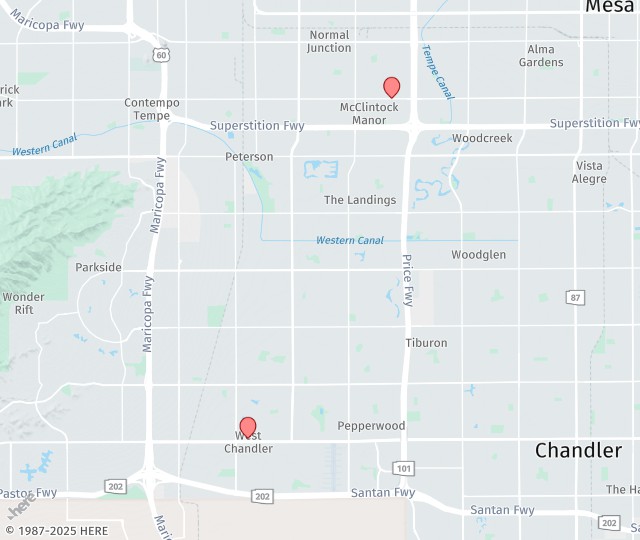
At Tempe Primary Care, we know that persistent nausea can interfere with daily life and sometimes point to deeper issues. Frank Rosenberg, FNP-C, and his experienced team are highly qualified in diagnosing and treating serious causes of nausea. Frank earned his Master of Science in Nursing Family Nurse Practitioner from Northern Arizona University and is an AHEC Scholar with extensive experience serving rural and underserved populations. His background in emergency medicine and advanced primary care training allows him to assess complex symptoms and create treatment plans grounded in evidence-based practice.
When Nausea Means More Than an Upset Stomach
If your nausea lasts more than a few days or keeps returning without a clear cause, it might be time to take a closer look. Ongoing nausea is often more than just a temporary reaction to food or stress:
- Chronic conditions: Issues like acid reflux, ulcers, and gallbladder disease can all lead to persistent nausea symptoms.
- Hormonal changes: Thyroid disorders, pregnancy, or blood sugar imbalances can create ongoing nausea that does not resolve on its own.
- Neurological triggers: Conditions like migraines or inner ear problems can cause nausea paired with dizziness or vertigo.
- Medication side effects: Certain prescription or over-the-counter drugs may irritate the stomach or impact appetite.
If any of these issues sound familiar, your symptoms may require medical evaluation.
How Primary Care Doctors Evaluate Nausea
When nausea is difficult to manage at home, your Tempe Primary Care provider can assess your full health picture. Here are some ways we work to understand the cause:
- Detailed medical history: We will ask about patterns, related symptoms, and any medications or supplements you take.
- Physical exam: We may check your abdomen for tenderness, bloating, or other signs of inflammation.
- Testing: Bloodwork, imaging, or stool tests may help rule out infections, inflammation, or underlying disease.
This approach helps determine whether your nausea is a warning sign of something more serious or related to lifestyle or diet.
Find Answers at Tempe Primary Care
If nausea is disrupting your life or causing concern, you deserve answers and support. Call 602-283-0080 to speak with a provider at Tempe Primary Care in Tempe, AZ.
